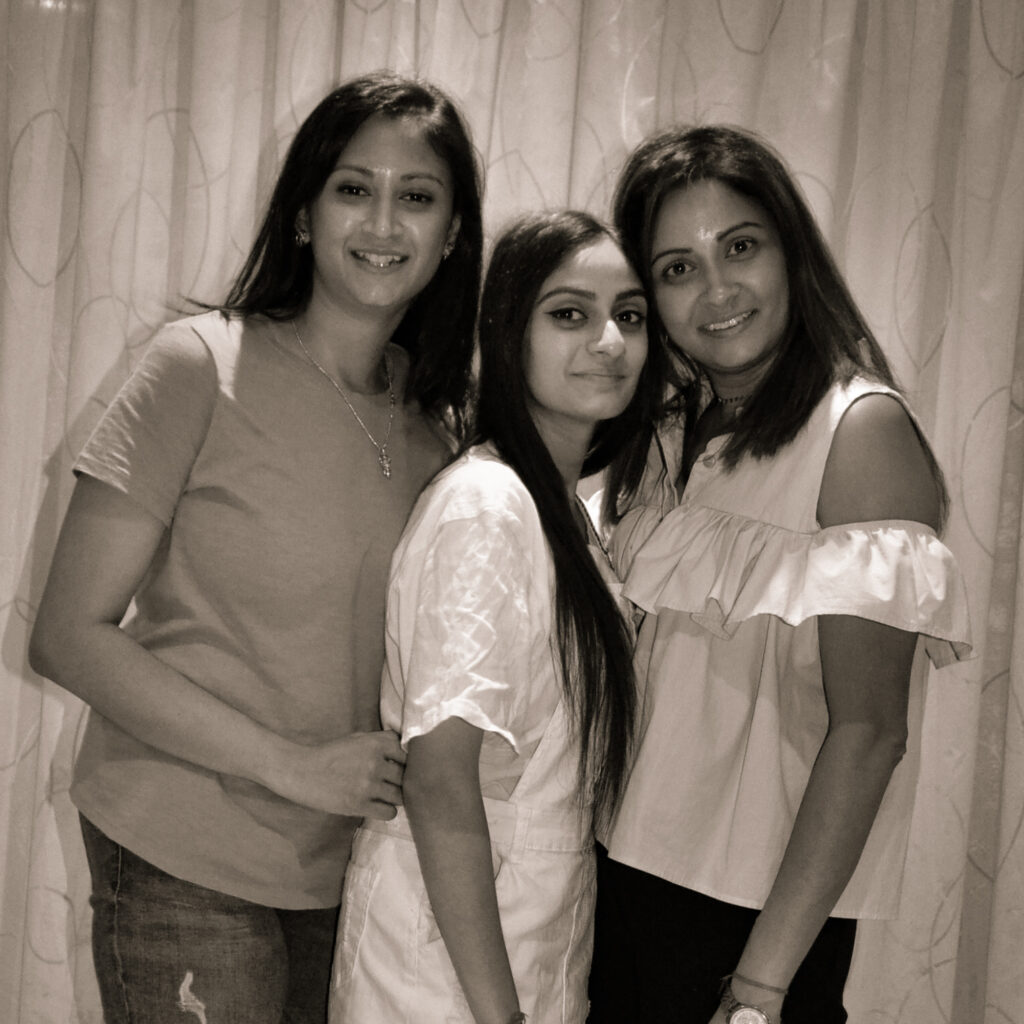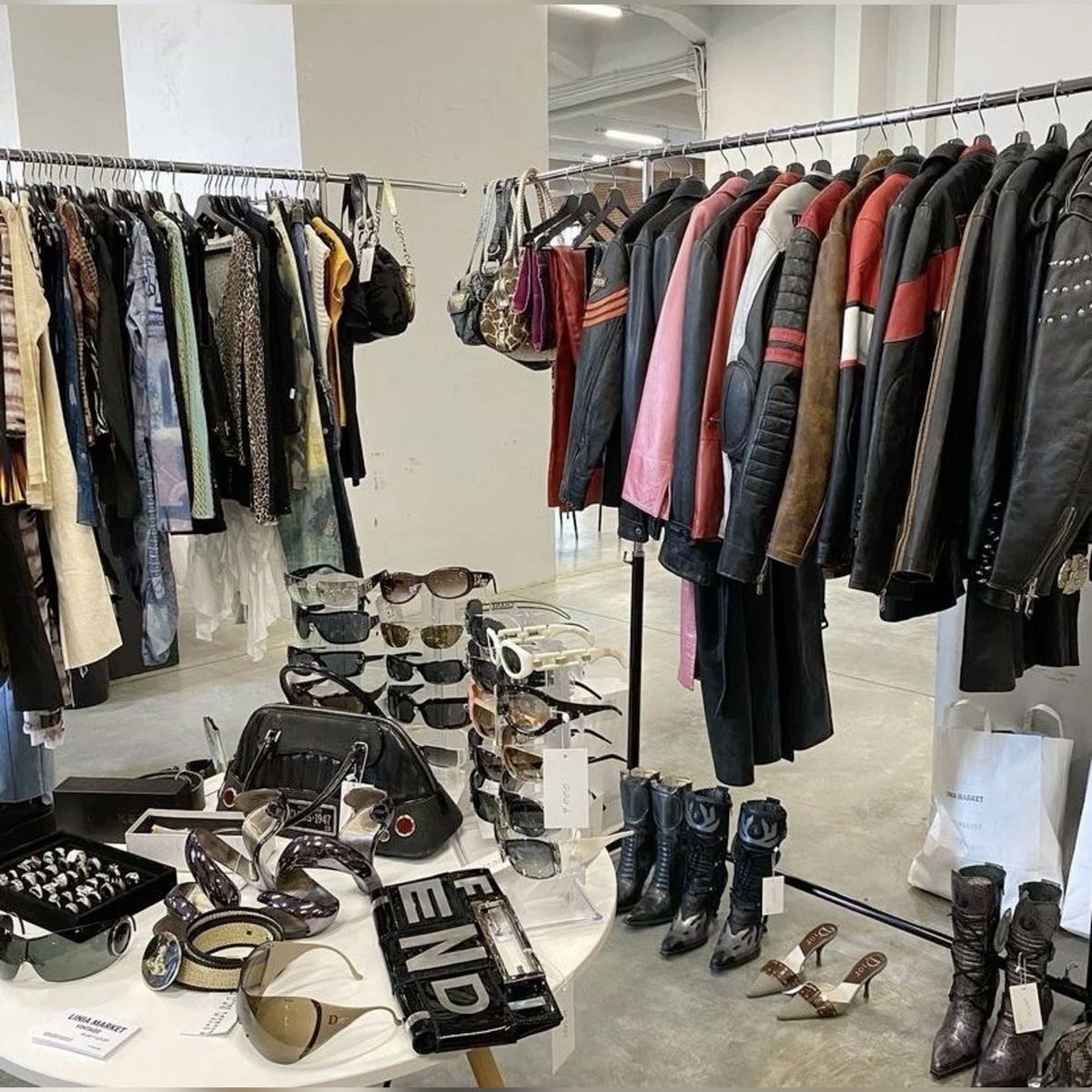Every eldest daughter was the first lamb to the slaughter. So we all dressed up as wolves and we looked fire – Taylor Swift. These lyircs hit the hardest as it sparked this blog

I am the eldest daughter of three girls, and my daughter is an only child, which sparked curiosity about how dynamic our roles are at every age. My middle sister(on the left) is a business owner too and a creative. She has some fantastic skills as an artist, wedding stationer and photographer. My younger sister(middle), is learning the corporate world with no intention of opening her own business as yet. Therefore, my parents ’ attention towards each of us was very different.
My daughter is very used to being the center of the action, commanding our attention of us. I find myself praising her for her patience, for controlling her frustration, recognizing her decisions and truly talking to her as an adult and not as a fourteen-year-old.
I felt a familiar, uncomfortable feeling. Was I inadvertently teaching her what I was taught from the moment I was born? To tamp down her own feelings in favour of making everyone else comfortable? Am I inadvertently teaching her what I was taught… To tamp down her own feelings in favour of making everyone else comfortable?
So, how do we treat our business based on our birth order?
Early in the 20th century, psychiatrist Alfred Adler proposed that our position in the family “constellation” shapes our personality. While it’s not a hard science, the archetypes are powerfully intuitive. He suggested that our birth order gives us a kind of psychological starting point.
Let’s look at these roles not as simple labels, but as the operating systems we were given—and how they show up when we’re the ones in charge.
1. The First-Born CEO
2. The Middle-Child Mediator
3. The Last-Born Innovator
4. The Only-Child Visionary
The immense pressure to be “good,” polite, and likable so everyone around you is comfortable.
Anticipating and managing everyone else’s feelings before they even have them.
Suppressing your own needs until a sneaky resentment builds, so deep you don’t realize it’s there.

The First-Born CEO
Adler saw first-borns as responsible leaders, structured, and sometimes cautious, having once been the sole focus of their parents’ attention.
Your Business Superpower: You’re a natural leader with an incredible work ethic. You excel at project management, creating structure from chaos, and holding yourself to a high standard. You’re the person who ensures the details are handled and the promises are kept.
Your Blind Spot (aka “Eldest Daughter Syndrome”): Your sense of responsibility can easily tip into burnout. You might take on too much, struggle to delegate (because no one does it “right”), and fall into people-pleasing to keep everything smooth. Your perfectionism can become procrastination, and you might price your services based on what makes others comfortable, not on your actual value.
The Middle-Child Mediator
Often overshadowed by older and younger siblings, middle children become masters of negotiation, independence, and social connection.
Your Business Superpower: You are a natural collaborator and community builder. You excel at client relations, mediating conflicts, and creating harmonious team environments. You’re adaptable, independent, and can see all sides of an issue, making you an incredible partner.
Your Blind Spot: Your desire for harmony can lead to conflict avoidance. You might struggle to assert your own creative vision if it risks rocking the boat. Because you’re used to not being in the spotlight, you may downplay your own achievements and have trouble with self-promotion.

The Last-Born Innovator
The “babies” of the family are often charming, creative, and rebellious risk-takers, having grown up with less structure and more freedom.
Your Business Superpower: You are a charismatic force of creativity. You’re not afraid to take risks, challenge the status quo, and charm a room. You are a natural at marketing, networking, and coming up with brilliant, out-of-the-box ideas that energize your brand.
Your Blind Spot: Your love for the exciting start of a project can wane when it comes to the tedious follow-through. You might struggle with the structure and discipline required for the day-to-day running of a business. Your rebellious streak can sometimes translate into a resistance to proven systems or advice.
The Only-Child Visionary
Like first-borns in many ways, only children are often mature, diligent, and highly imaginative, comfortable in their own world.
Your Business Superpower: You are a self-reliant and powerful creative visionary. You can work independently for hours, bringing your unique ideas to life with meticulous perfection. You’re not swayed by the crowd and have a strong inner compass that guides your brand.
Your Blind Spot: Your self-reliance can make it incredibly difficult to delegate or build a team. You might get stuck in the weeds, insisting on controlling every detail. Your perfectionism can be a double-edged sword, leading to incredible quality but also intense creative blocks.
But as a brand owner and a creative, I have to ask: Are these labels a diagnosis, or a destiny?
When I look at how these traits show up in my business, the connection is almost painfully clear. The people-pleasing that leads to undercharging or saying ‘yes’ to a misaligned project. The perfectionism that causes me to endlessly tweak a design, delaying a launch out of fear. The emotional management that has me taking on the entire energetic load of a collaboration, just to keep things smooth.
These are the business habits of the Eldest Daughter.
But here’s the thing: I don’t think it’s the whole story.
I am an Eldest Daughter, yes. But I am also a calligrapher, a mother, a business owner who has learned the hard-won art of setting a boundary. My creativity, my life experiences inform my empathy. All these parts interact in a way that is unique to me—and the same is true for you.
Your birth order might explain your reflexes—your tendency to either lead, rebel, or make peace. But it doesn’t have to write your business plan.
They come out who they are, from minute one. And the beauty of the work we do now, as adults and entrepreneurs, is that we get to be intentional about who we become. We can acknowledge the programming of our past without letting it define the business of our future. We can see the parts, but choose to lead from the whole.
Are you the responsible firstborn, the rebellious youngest, the peace-making middle child, or the independent only child? And more importantly, how are you intentionally choosing to build your brand today?



